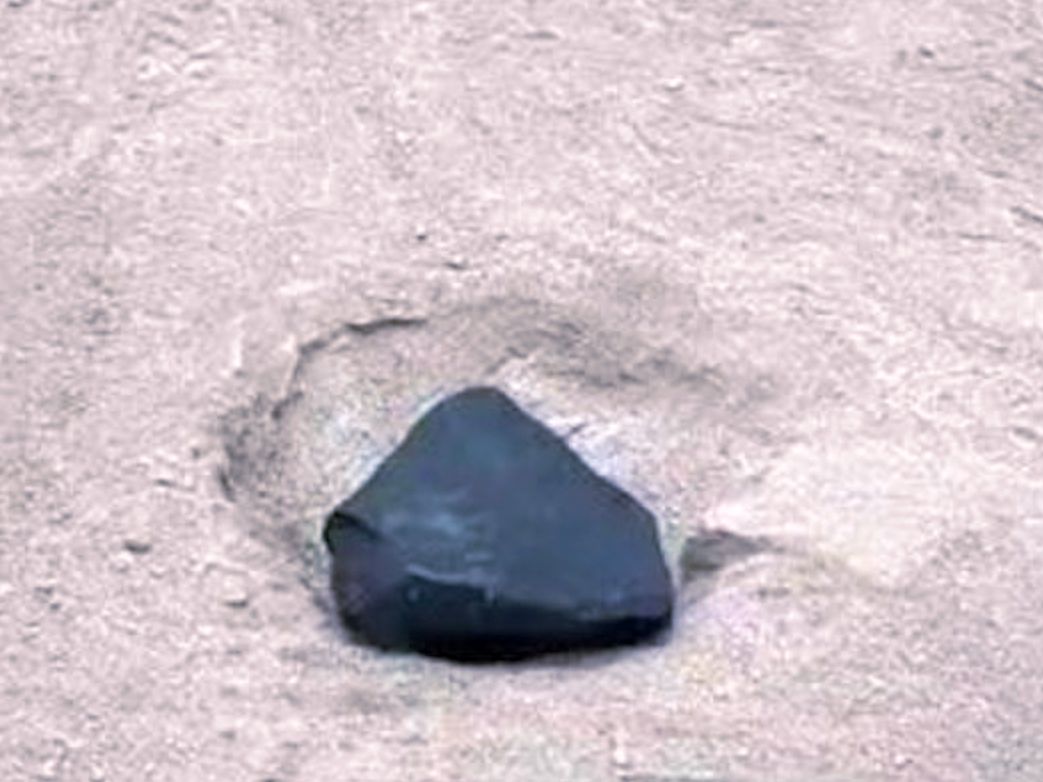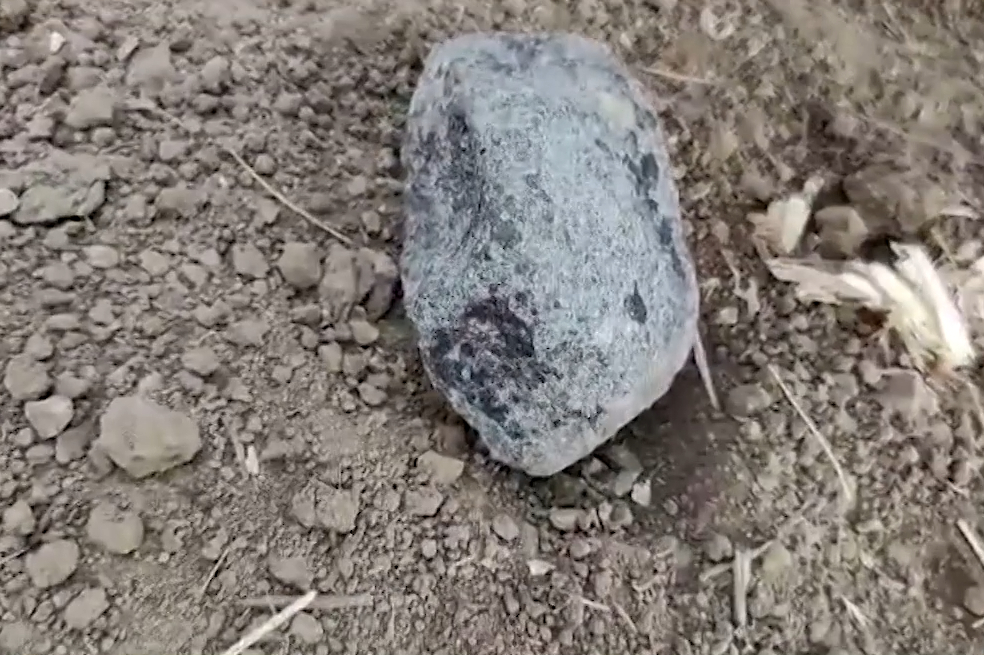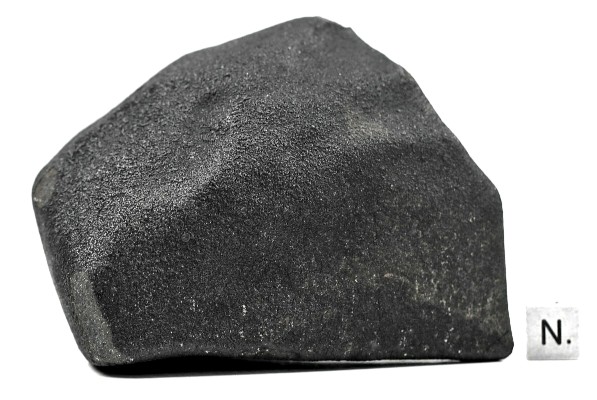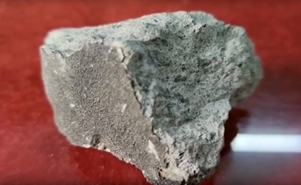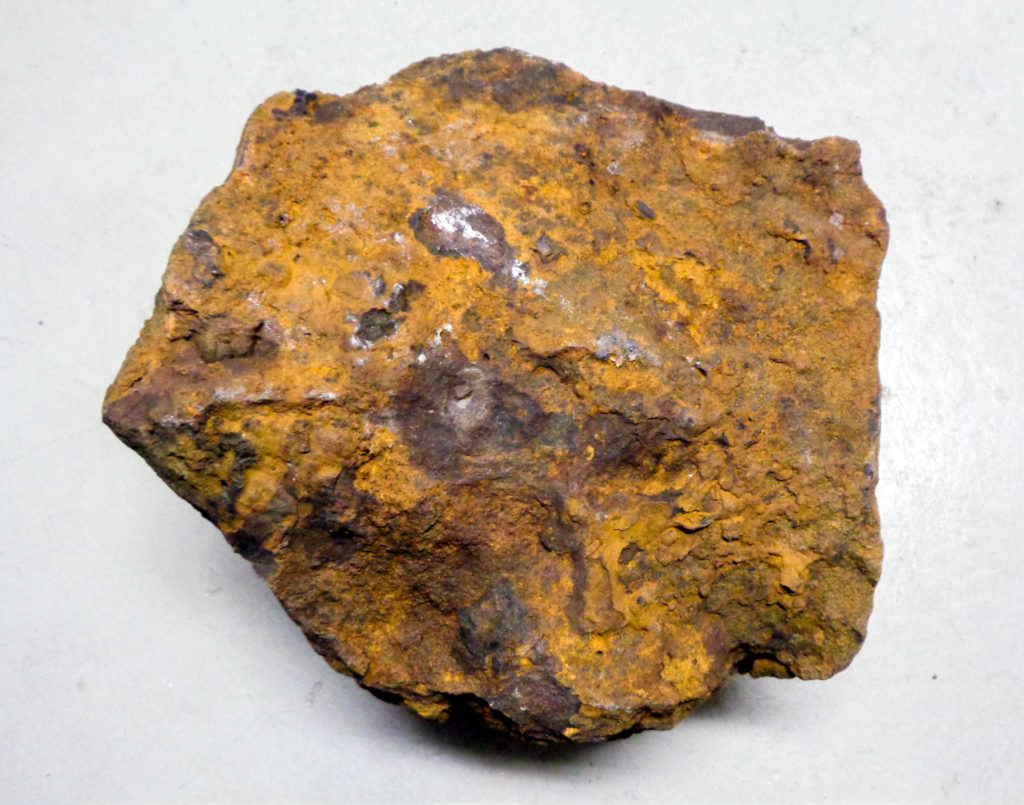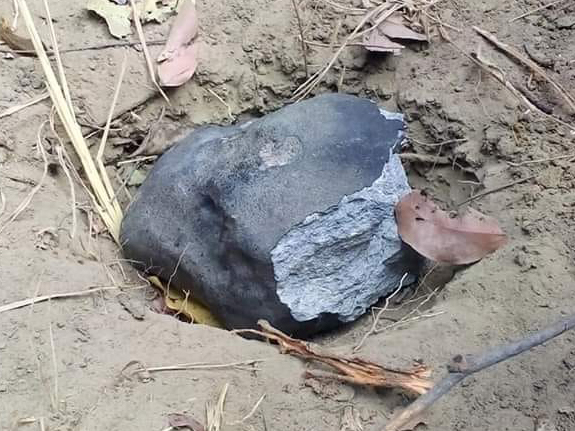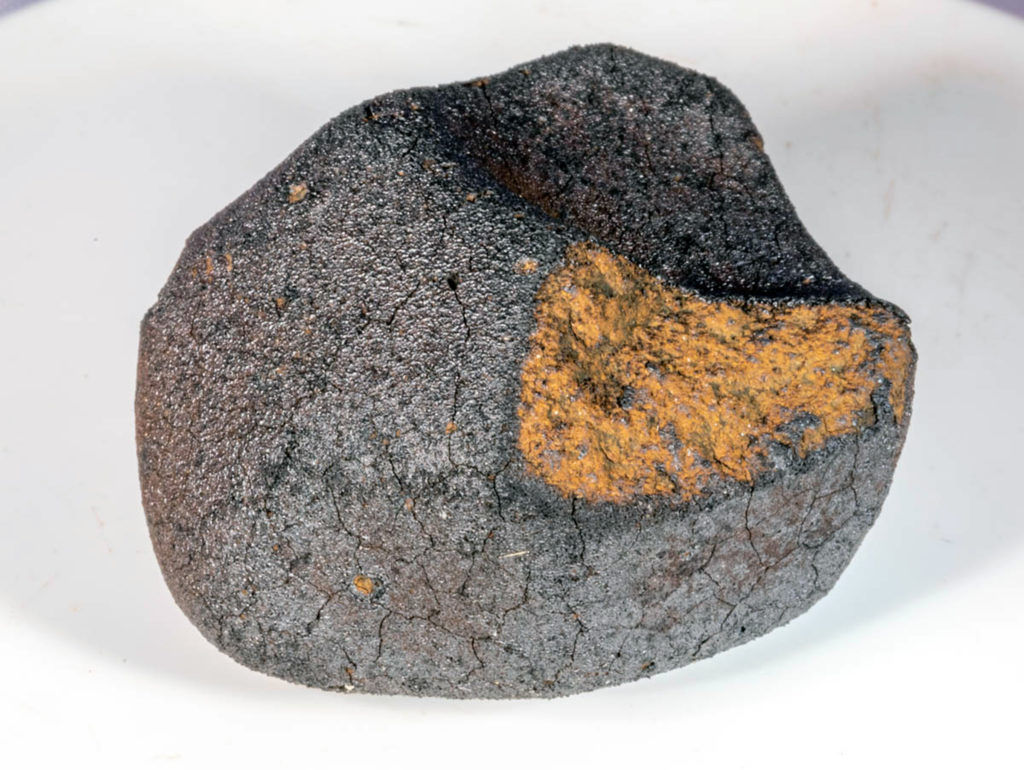Thermal and porosity properties of meteorites: A compilation of published data and new measurements
A.‐J. Soini, I. T. Kukkonen, T. Kohout, A. Luttinen
Meteoritics & Planetary Science
First Published: 22 January 2020
“We report direct measurements of thermal diffusivity and conductivity at room temperature for 38 meteorite samples of 36 different meteorites including mostly chondrites, and thus almost triple the number of meteorites for which thermal conductivity is directly measured. Additionally, we measured porosity for 34 of these samples. Thermal properties were measured using an optical infrared scanning method on samples of cm‐sizes with a flat, sawn surface. A database compiled from our measurements and literature data suggests that thermal diffusivities and conductivities at room temperature vary largely among samples even of the same petrologic and chemical type and overlap among, for example, different ordinary chondrite classes. Measured conductivities of ordinary chondrites vary from 0.4 to 5.1 W m−1 K−1. On average, enstatite chondrites show much higher values (2.33–5.51 W m−1 K−1) and carbonaceous chondrites lower values (0.5–2.55 W m−1 K−1). Mineral composition (silicates versus iron‐nickel) and porosity control conductivity. Porosity shows (linear) negative correlation with conductivity. Variable conductivity is attributed to heterogeneity in mineral composition and porosity by intra‐ and intergranular voids and cracks, which are important in the scale of typical meteorite samples. The effect of porosity may be even more significant for thermal properties than that of the metal content in chondrites.”

